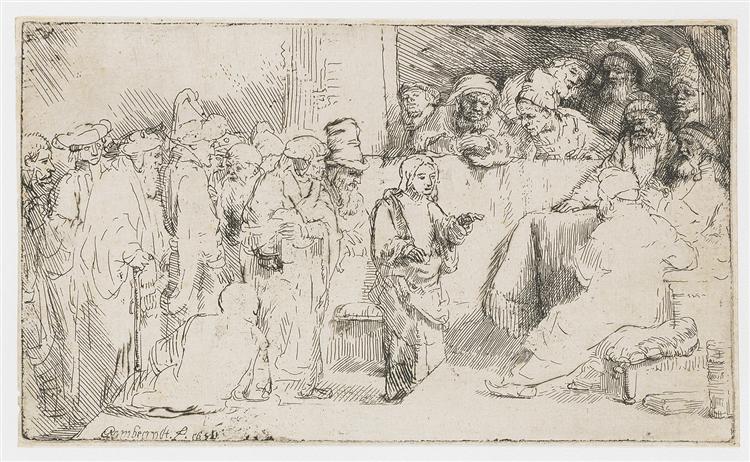From Episcopal Cafe’s Managing Editor, Jon M. White
Synchronicity is a word I first encountered thanks to the 80’s pop band, the Police. But since learning of it, I found I encounter it often; “the simultaneous occurrence of events that appear significantly related but have no discernible causal connection.” I’ve encountered it again in this past week that’s seen the release of the conservative Evangelical Manifesto they’ve named the “Nashville Statement” and the news of the discovery of Fortunatianus of Aquileia’s Commentary on the Gospels.
In the former we see a reaction rooted in that Reformation trope; the “plain reading of Scripture.” From the preamble of the statement, the authors allude to this by saying;
This secular spirit of our age presents a great challenge to the Christian church. Will the church of the Lord Jesus Christ lose her biblical conviction, clarity, and courage, and blend into the spirit of the age? Or will she hold fast to the word of life, draw courage from Jesus, and unashamedly proclaim his way as the way of life.
That very idea that the Bible offers such a forthright witness is at the core of this author group’s self-defined identity and reflected in its name, The Council on Biblical Manhood and Womanhood. This was reinforced twenty years ago in their founding manifesto, the Danvers Statement; where they expressed concern about “the increasing prevalence and acceptance of hermeneutical oddities devised to reinterpret apparently plain meanings of Biblical texts.”
What we discover from the recovered fourth century gospel commentary though is not the use of plain reading; but an appreciation of the deeper meaning to be found in Scripture.
We should not be confused about Fortunatianus and his use of allegory and metaphor; he clearly believes Matthew’s Gospel relates real and actual events, recorded faithfully. But he also sees that they offer an understanding of God and Christian witness far beyond any “plain” reading.
Of all the inheritances of the Protestant Reformation, it’s belief that the Bible offers unambiguous and uncontradicted guidance on all aspects of human life is surely the most troublesome. Belief in Biblical inerrancy has not led to a deeper understanding of God’s mission or a flowering of love and mercy consonant with Jesus’ own life and example. Instead, those who profess such beliefs have retreated to an ever more intolerant and exclusive position that denies the wondrous complexity of God’s creation and the central gospel imperative to love one another.
The modern Anglican/Episcopal formulation of authority as the balance of scripture, tradition, and reason has led most Episcopalians to follow the example of Newton, who saw mathematics and the sciences as windows into the mind of God. We have encountered the diversity of God’s creation, sought to understand it’s place in the created order, and begun (at last!) to celebrate that diversity within the life of the church.
The authors of the Nashville statement write that “By and large the spirit of our age no longer discerns or delights in the beauty of God’s design for human life.” On the contrary, we see more clearly than ever the beauty of God’s creation and delight in and celebrate it in its entirety. They write “we cannot know ourselves truly without truly knowing him who made us. We did not make ourselves.” We agree with this (though I would quibble with the “him”). We did not create the diversity of human sexuality, God did. And we repent of the prejudice we allowed to close our eyes this reality and which empowered our repression of our fellow children of God.
There is no need to counter their statement point by point. It is rooted, in its entirety, in a view of God that denies God’s creative action, that denies the blessedness of all creation, and that ignores Jesus’ own command to love God with our whole selves and likewise to love our neighbors. As well, their beliefs and statements deny God’s own statement that judgment is God’s alone. I do not believe we will be reproved for loving too much, for being too merciful, or for working strenuously to widen the circle of God’s people.
Like Fortunatianus, we experience the liberating gospel narrative as possessing wisdom and understanding that is rich and deep and suffused with meaning beyond the bare narrative. We experience scripture as inspired and inspiring, and as always pointing us towards deeper relationship with God. We also understand its story of salvation as springing from the promise to one family to finally encompass the whole of humanity.
We firmly and resolutely reject their statement, we reject their understanding of scripture, we reject their limiting view of God’s power, and we reject their fears.
We invite you to add your name to the list of those who have also rejected this statement and this oppressive form of Christianity by signing the petition here

